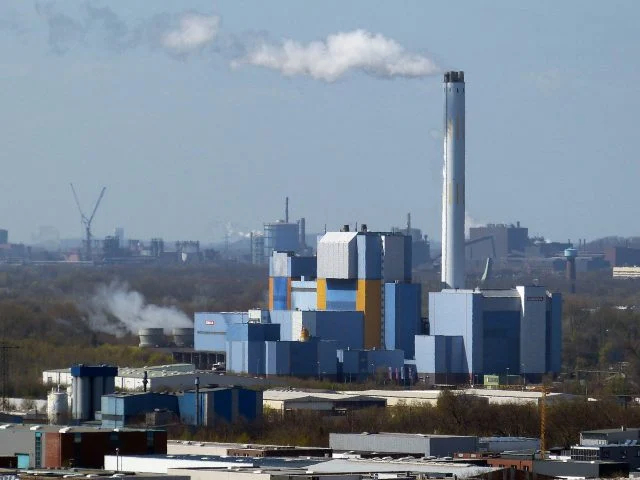
WASTE INCINERATOR:Photo Falco Oberhausen.
A waste-to-energy incinerator proposal for the Richmond Valley Jobs Precinct in Casino prompted local resistance, after a similar plan was rejected in Western Sydney owing to air pollution impacts. The Casino proposal, under the previous Liberals–National government, came without any community consultation.
Additionally Casino, Lithgow, Goulburn and Parkes were locations excluded from a state-wide incinerator ban by the then NSW government.
Ms Saffin said the Tabulam branch put the motion, which was one of several successful motions from the North Coast Group at the AGM in Bathurst this month.
She says, ‘The CWA has adopted a policy to advocate for the newly elected NSW government to rescind its decision to establish waste-to-energy incinerators, and instead immediately introduce technology and waste reduction programs that use methods that minimise greenhouse gas emissions’.
The CWA donated $500,000 in flood relief last year, says Saffin.
‘In the last parliament, I was active in establishing a Friends of the CWA group, and I can report that we will be re-establishing the group in the new parliament.
‘As a CWA member, I am proud to be associated with this organisation of women that has such a strong record of pushing through changes that improve the lives of women and rural communities, and support the social good in general.’
